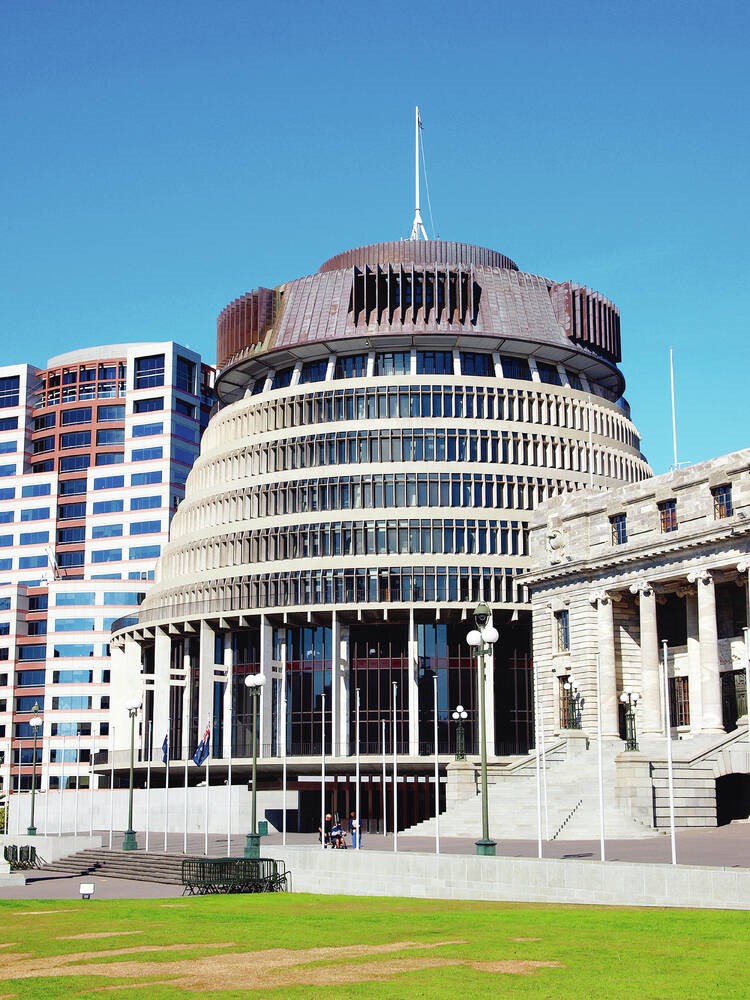Last week, I noted that our present form of capitalism is flawed and incomplete.
We may be economically better off, but we are not much better off in human and social development terms, and we are eating away at the Earth’s life-support systems on which we ultimately depend.
Clearly, we need a new economic system, one based on growing all four forms of capital — natural, human, social and produced (or economic) capital — simultaneously.
But while they need to be addressed together, note there is an explicit hierarchy in my listing of these four forms of capital.
Natural capital comes first because our very existence depends upon the viability and functioning of the Earth’s natural systems. Next comes human capital, because we want individuals to thrive, to live long and happy lives and achieve the fullest potential of which they are capable.
Social capital comes third, because we do not live in isolation as atomized individuals, but are social animals embedded in families, communities, societies and cultures, and depend upon the informal and formal social supports they offer.
Finally comes economic capital, which must be understood as being “in service” to the need to build these other, more important forms of capital.
But this new economic system cannot exist within our present society, which only too often prizes the economy above the other forms of capital.
We need instead to become a “wellbeing society,” in which the wellbeing of the planet’s natural systems and the physical, mental and social wellbeing of people and communities are paramount.
Fortunately, several countries are starting to move towards such a model and to develop “wellbeing economies” and “wellbeing budgets” that incorporate the four capitals.
First among them has been Aotearoa New Zealand (ANZ), which developed its Living Standards Framework in 2019, and created a wellbeing budget based on that framework.
In its latest iteration, that framework describes the wealth of ANZ in terms of the four forms of capital, and wellbeing in terms of “the resources and aspects of our lives that have been identified … as important for our wellbeing as individuals, families, whÄnau [extended family group] and communities.”
Other countries — Finland, Iceland, Scotland and Wales — have since joined ANZ in forming the Wellbeing Economy Governments (WEGo) group as part of the global Wellbeing Economy Alliance.
Finland has committed to creating an economy of wellbeing that “puts people’s wellbeing at the heart of decision-making,” taking into account “the combined impact of economic and ecological factors on wellbeing.”
Iceland has developed Indicators of Wellbeing grouped into social, environmental and economic clusters, while Wales passed its Wellbeing of Future Generations Act in 2015 and reports on the implementation of its wellbeing goals.
Meanwhile Scotland, which provides the WEGo Secretariat, issued a report on the wellbeing economy in 2020 that used the four capitals model and an existing National Performance Framework focused on various aspects of people’s wellbeing.
Note that all these countries (except Iceland) have similar-sized populations to B.C. — so if they can do it, so can we. (Although is it just by chance that the initiatives in ANZ, Finland, Iceland and Scotland were all developed under the leadership of a woman prime minister?)
Recently, Canada joined WEGo, having created a Quality of Life Framework and Strategy in 2021 that includes the four capitals and a set of wide-ranging quality of life indicators. However, its claim to have created a wellbeing budget in 2022 is premature, in my view.
The work of creating a wellbeing economy was given a boost at the World Health Assembly in May with the release of the final report of the World Health Organization’s Council on the Economics of Health for All.
In her preface, Prof. Mariana Mazzucato, the chair, pointed out this was “an all-female group of 10 distinguished economists and area experts” and said: “Alongside a healthy and sustainable environment, human health and wellbeing must be the ultimate goal of economic activity.”
The WHO council concludes: “The economy is yielding poor, unequal health outcomes by design” and that it must be redesigned so that “economic activity [is] in service to human and planetary health.”
The B.C. and 91Ô´´ governments should pay attention.
Dr. Trevor Hancock is a retired professor and senior scholar at the University of Victoria’s School of Public Health and Social Policy
>>> To comment on this article, write a letter to the editor: [email protected]



